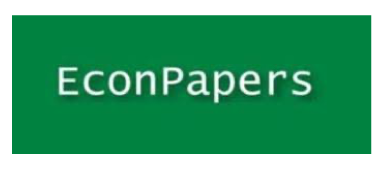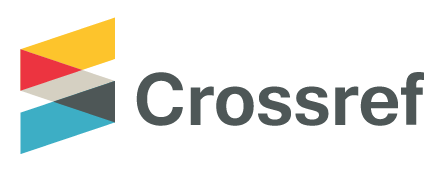Problem-Based Learning in Online Settings during COVID-19
Abstract
Purpose: Problem-based learning (PBL) provides an appropriate instructional strategy to engage a student in active learning, enhance student interest, improve retention, and promote problem-solving and critical thinking skills. This study aims to report on student and faculty experiences in a problem-based learning course consisting of a preparation phase and a reporting phase during the COVID-19 lockdown and present potential implications for online PBL course design.
Study design/methodology/approach: A survey was conducted to compare the two instructional PBL settings, i.e. face-to-face and online. Descriptive statistics as well as a general inductive approach for analysing the qualitative data are used to evaluate the results of the survey.
Findings: The results show that students appreciated the new small group discussion format in the online PBL course over the whole class discussion in the face-to-face setting and that an online PBL course can help students integrate knowledge and promote the deep learning approach.
Originality/value: The study contributes to PBL research by examining student and faculty experiences in a case-based PBL course. A new instructional online PBL course design is presented, with the main change in the reporting phase. The study shows that the shift from a physical to an online setting has no detectable negative impact on the ability of students to achieve set learning goals if the PBL approach is slightly modified.
Downloads
Downloads
Published
License
Copyright (c) 2021 International Journal of Management, Knowledge and Learning

This work is licensed under a Creative Commons Attribution-NonCommercial 4.0 International License.















